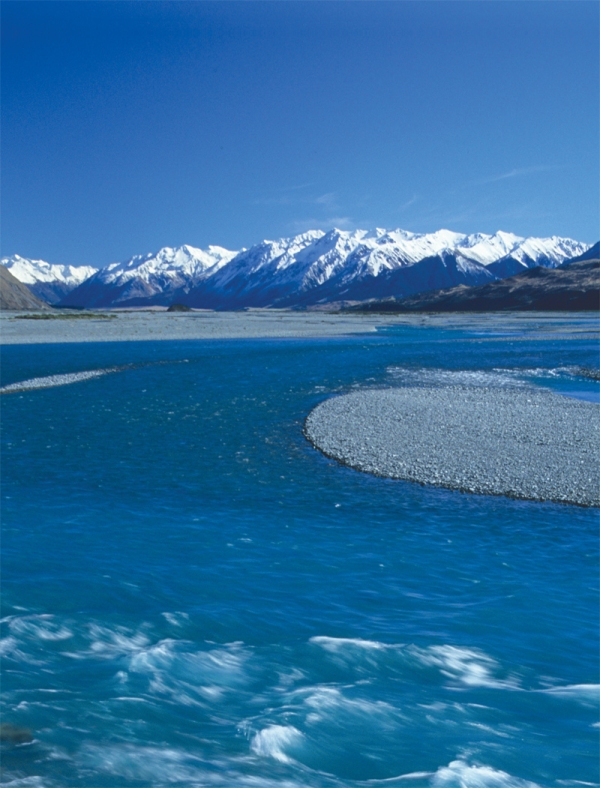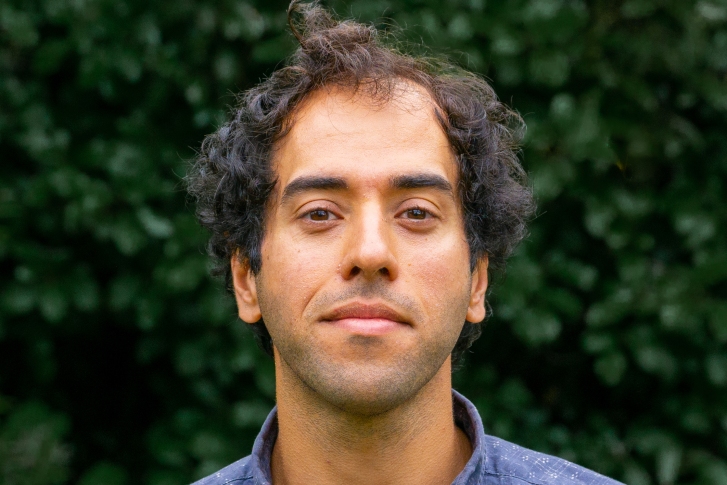New Zealanders are increasingly demanding better information on how much water is in our rivers and groundwater aquifers, how that has changed over time and how it might change in the future.
This programme will increase our understanding of the hydrological cycle: the quantity of freshwater in our rivers and groundwater systems, where that water came from and how long it took to get there.
By harnessing this improved understanding of hydrological processes, we will develop models for better predicting how river flows and aquifer levels respond to changes in land use and climate. Because some water resource management problems may be event based to seasonal in nature and/or of local impact, while others can be multi-decadal and/or of national relevance, our models will operate over a range of spatial and temporal scales.
Through building a better understanding and providing fit-for-purpose tools, this research will support the sustainable use of New Zealand’s precious water resources.
Programme Leader: Dr Christian Zammit
Objectives
- Consolidating and adding value to hydrological data. Assembling and manipulating a wide range of field and remotely-sensed data collected by NIWA, regional councils and other agencies to create and apply multifunctional hydrological databases across spatial scales.
- Developing the next generation of hydrological models. Developing the National Hydrological Model (NHM), extending existing approaches to build a highly adaptable linked surface water-groundwater model that is transferable, scalable and can be simplified to reflect data availability.
- Providing decision support for water resource management. Developing tools that enable water managers to access comprehensive hydrological datasets (Geospatial database) and investigate how water resources might change under alternative management scenarios (HydroDesc-NZ), for instance with limits on water abstraction or changes in rainfall regimes.
Current research projects
- NZ Water Model - Hydrology
- Snow and ice monitoring for New Zealand
- Snow melt contribution to streamflow and groundwater
- River forecasting: capabilities versus user requirements
- Irrigation on pallic soils
- Water storage solutions for irrigation schemes
- Relationships between climate mode and hydrology
- Irrigation scheduling to limit leakage
- Forecasting irrigation potential: a case study in the Waimakariri River catchment
- Deep South National Challenge - Hydrology
Historical research projects
- Tracking water age in hydrological models
- TopNet on the desk: bringing hydrological scenario modelling direct to end-users
- Climate change impact and implication
- Long term fluctuations in river flow conditions linked to Interdecadal Pacific Oscillation
- Waterscape
Key science collaborators
- GNS Science. Collaboration on surface water/groundwater interaction and groundwater isoscape.
- Landcare Research. Collaboration on soil characterisation for hydrological modelling across spatial scales.
- International research partners include: University of San Diego (USA), National Center for Atmospheric Research (USA), École Polytechnique Fédérale de Lausanne ( Switzerland), University of Bristol (UK).
Recent publications
See a list of our recent related publications





